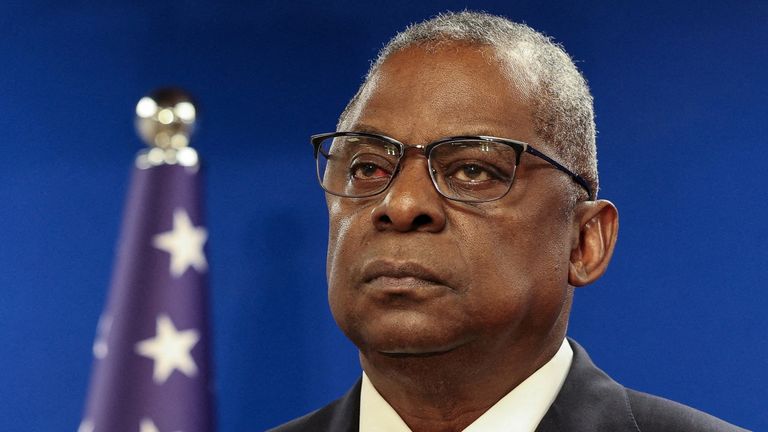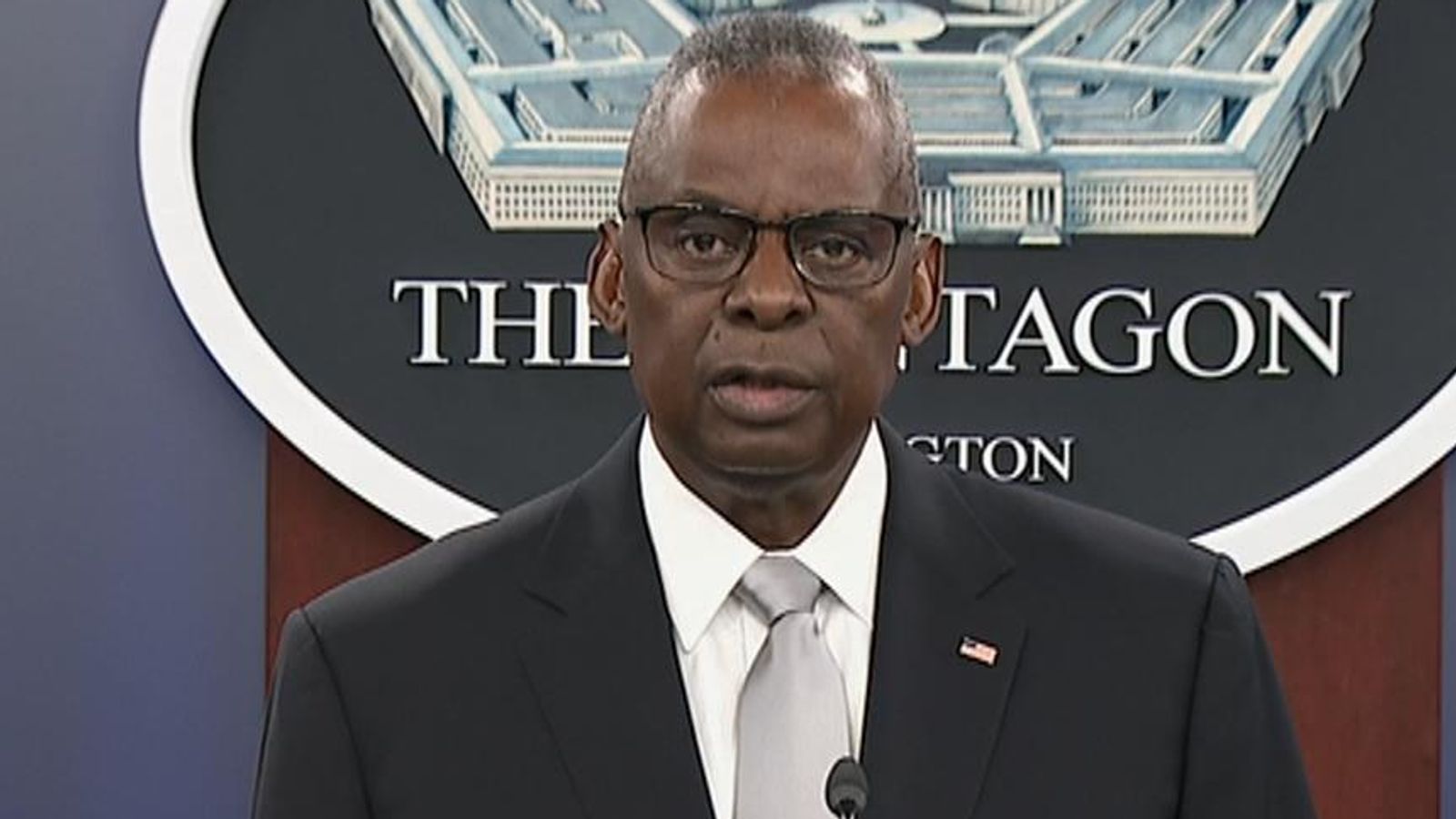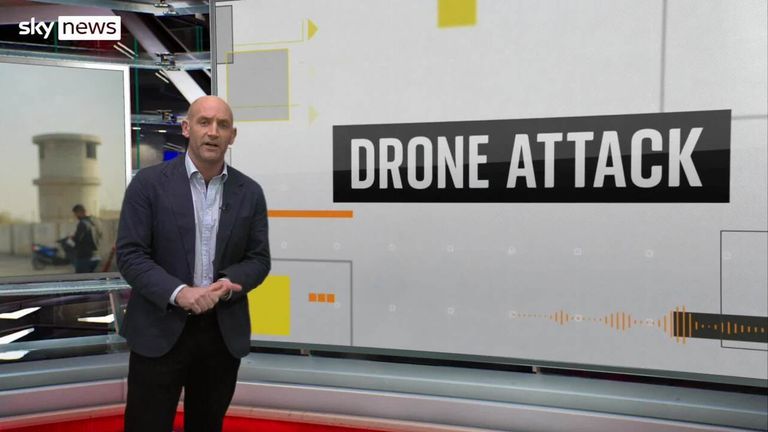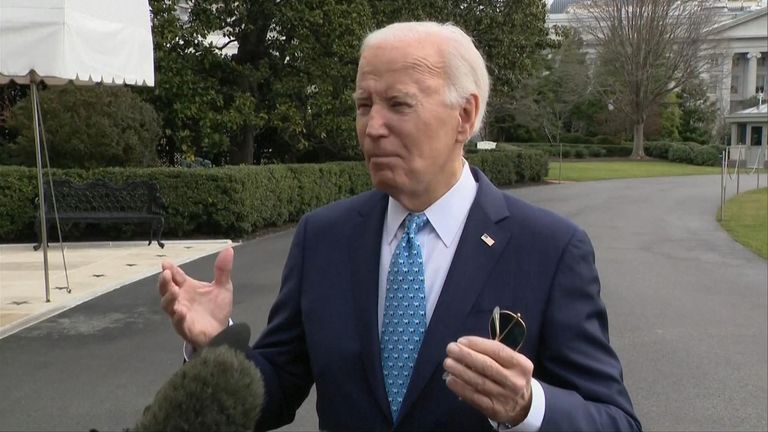
US defence secretary Lloyd Austin has admitted he “did not handle this right” and should have told President Biden and the public about his prostate cancer diagnosis.
However, he said he didn’t order his staff to hide his condition.
“We did not handle this right and I did not handle this right. I should have told the president about my cancer diagnosis. I take full responsibility,” Mr Austin said.
Middle East latest: Austin warns US will take ‘necessary action’ amid ‘dangerous moment’
The defence secretary was diagnosed in early December, had surgery on 22 December, but did not tell the president and other senior figures until days after complications forced him into intensive care on 1 January.
Mr Austin admitted his error in his first media conference since he was diagnosed.
His slow disclosure of his condition has prompted an internal Pentagon review and an inspector general review into his department’s notification processes.
Mr Austin was taken back to hospital by ambulance with severe pain 10 days after his surgery.
It emerged one of his staff asked paramedics not to use lights and sirens when collecting him from Virginia home.
The 70-year-old passed decision-making authority to deputy defence secretary Kathleen Hicks, but did not inform her why.
Mr Austin is just below the president in the military chain of command and is required to be available at a moment’s notice to respond to any national security crisis.
“I never directed anyone to keep my January hospitalisation from the White House,” he told reporters on Thursday.
President Biden previously said it was poor judgement from Mr Austin not to tell him he was in intensive care.
However, he said he still had confidence in him.
Mr Austin worked from home for two weeks after being discharged on 15 January and returned to the Pentagon on Monday.
Back on his defence duties, he briefed reporters today on the latest situation following the deaths of three soldiers in a drone attack on a US base in Jordan.
He said “terrorist groups backed by Iran and funded by Iran” had been increasing attacks in the Middle East during a “dangerous moment” for the region.
Read more:
What are Biden’s options after drone attack?
Middle East one move away from bigger war – analysis
However, he stopped short of blaming a particular group for the attack in Jordan.
“We will respond where we choose, when we choose and how we choose,” said the defence secretary.
But he stressed the US wanted to avoid a wider conflict while taking “necessary” action to protect their interests.
Mr Austin said that included freedom of navigation in the Red Sea – where the US and UK have targeted Houthi forces from Yemen who have been attacking commercial ships.
The response to the Jordan attack would be “multi-tiered”, Mr Austin said, and America would have the ability to strike back a number of times.
President Biden indicated this week that he had already decided how the US would hit back.














